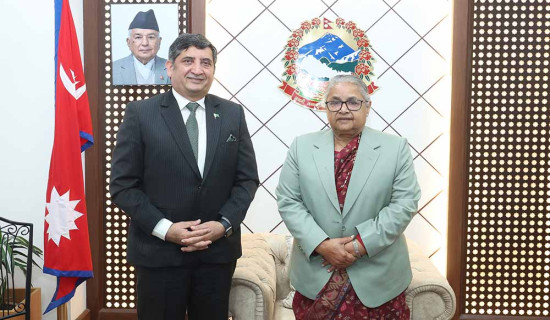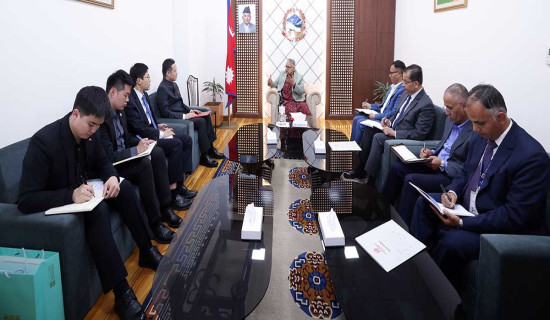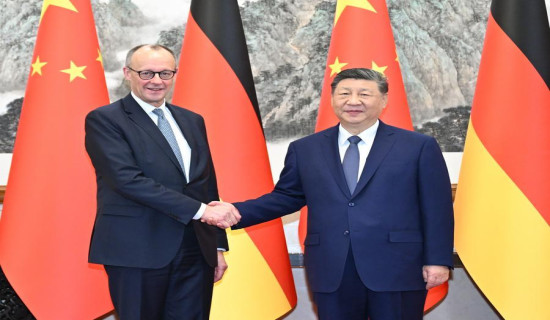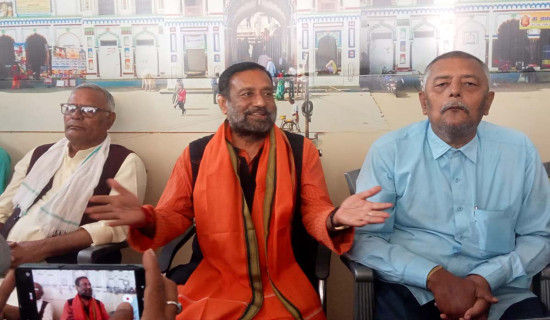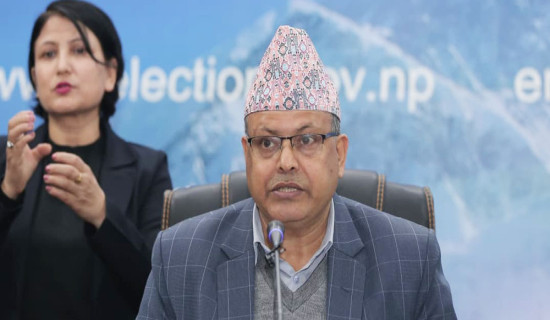- Saturday, 28 February 2026
Act To End Violence Against Women
The year 2023 continued to see high escalation of violence against humanity especially girls and women. The Gender Apartheid situation in Afghanistan, the violence that erupted in Manipur where the video of two women paraded naked exposed the fact they were molested and subjected to sexual violence, the Hamas attack and unacceptable killing of innocent Palestinians leading to more violence against girls and women on both sides are just a few incidents among innumerable such Violence Against Women and Girls (VAWGs). Every year, a 16-day global campaign to raise awareness and commitment to fight against violence against women and girls is set to start from 25th November. The International Day to End Violence against Women runs till December 10th the Human Rights Day. The campaign was started at the inauguration of the Women’s Global Leadership Institution in 1991.
Despite this most recent commitment to women and girls’ rights and the long standing Human Rights Declaration of 1948, there seems to be an apathy towards women in Afghanistan being stripped of their human rights and women in Manipur are stripped of their dignity. While conducting this year’s campaign it is very important to unpack why the world and all human rights institutions and international human rights judicial systems are unable to take action against the perpetrators – be it state or individuals? Governments and civil societies all over the world must now start being accountable to why campaigns and pledges they have taken are not being implemented to end VAWGs.
Grim reality
This year the governments, institutions and citizens all over the world are requested to unite, and invest to prevent violence against women and girls. Although there are several efforts done by the feminist movement supported by governments and the civil societies globally to address gender-based violence, the cases and incidents are increasing every day. It is a fact that awareness, generated during global events like the 16 days campaign and the international Women’s Day, has helped the countries in formulating laws to act against such violence. However, the fact that gender based violence is still a reality indicates that implementation of laws and changing of the mindsets of people seems to be distant reality.
It is therefore imperative to internalise the conditions leading to inequality and work towards making people realise that it is important to respect and protect one’s own rights and do the same for others. Gender based violence within homes, work place and public spaces are increasing no matter how much advocacy is done and laws promulgated. Such campaigns should highlight the need to educate children to develop skills to prevent any abuse against themselves and the need to respect other people no matter what gender, class, cast, creed, colour, religion, etc. they belong to by the time they leave high school.
UN Women rates that 736 million women which is almost one in three have been subjected to physical and/or sexual intimate partner violence, non-partner sexual violence, or both, at least once in their life time. More than four in five women and girls which is 86 per cent are living in countries without robust legal protection or in countries for which data are not readily available. Led by civil society groups around the world, the United Nations’ Secretary General has initiated a UNITE by 2030 campaign to End Violence against Women. But looking at the dismal situation globally today this looks like an unrealistic target.
There are several violence against girls and women and as the world advances the types of violence and patterns have changed too. Currently, gender-based violence includes technology-facilitated violence against women and girls which includes several forms of cyber-related crimes. In Nepal there was an increase in trafficking from an estimated of 3,000 to 5,000 annually in 1990 to 12,000 per year after the 2015 earthquake, resulting to an increase of violence against women and girls.
The cases of femicide or feminicide have been increasing. Around 45,000 women and girls worldwide were killed by their intimate partners or other family members globally in 2021. This means that on average, more than five women or girls are killed every hour by someone in their own family. Around 56 per cent of all homicides are committed by intimate partners or other family members, only 11 per cent of all male homicides are perpetrated in private sphere. The COVID -19 pandemic has increased violence against women and girls, exposing deep structural inequalities which reversed decades of progress on women’s participation in labour market, raised the number of women living in extreme poverty, and increased the burden of unpaid care and domestic work. According to Room to Read data, more than 52 per cent of girls from low-income families in Nepal were expected to be deprived of education by the end of the pandemic.
Favourable laws
As mentioned above several countries including Nepal has progressed in promulgating laws in favour of justice especially to address gender-based violence. However, access to the judicial system is still very difficult in most countries. According to UN Women data, less than 40 per cent women experiencing violence seek help of any sort. In countries where there are favourable laws against gender-based violence women and girls look for support from family members, however when the perpetrators are family members themselves there is a lot of hindrances in getting justice.
Accessing help from formal institutions like the police and health services or the judicial system is still not common although present. Data has it that fewer than 10 per cent of those seeking help ever reported to the police. Time has now come to act instead of just campaign. How about starting by giving justice to the two Manipuri women paraded naked in one of the biggest democracies on earth and ending the Gender Apartheid in Afghanistan which has become a slap in the face of all human rights declarations.
(Sharma is a senior journalist and women rights advocate. namrata1964@yahoo.com Twitter handle: @NamrataSharmaP)









-original-thumb.jpg)

